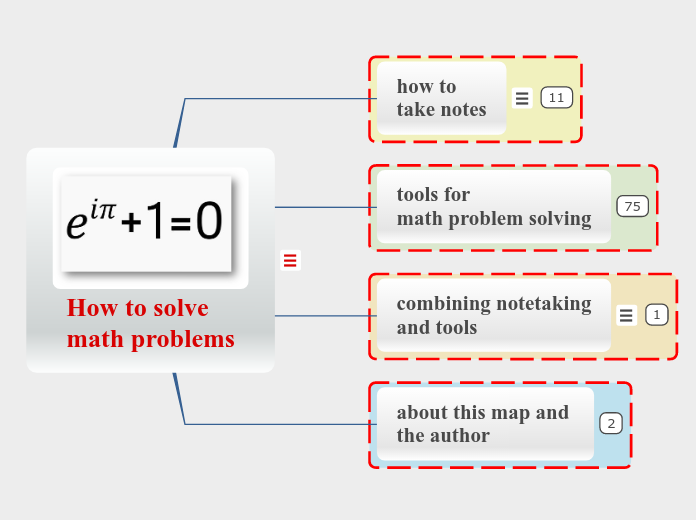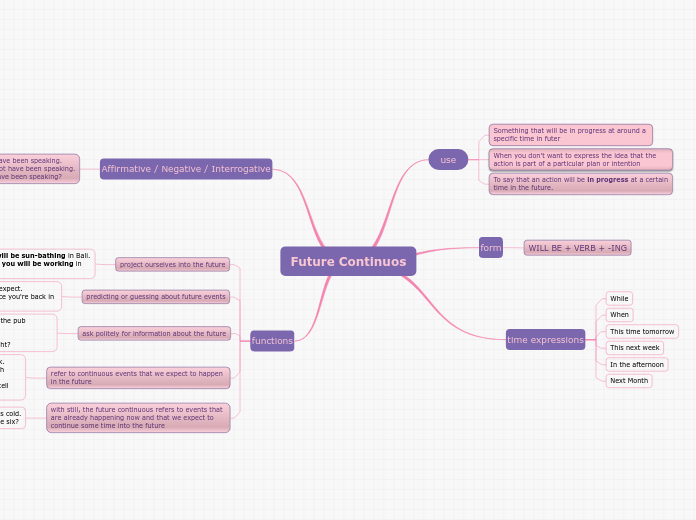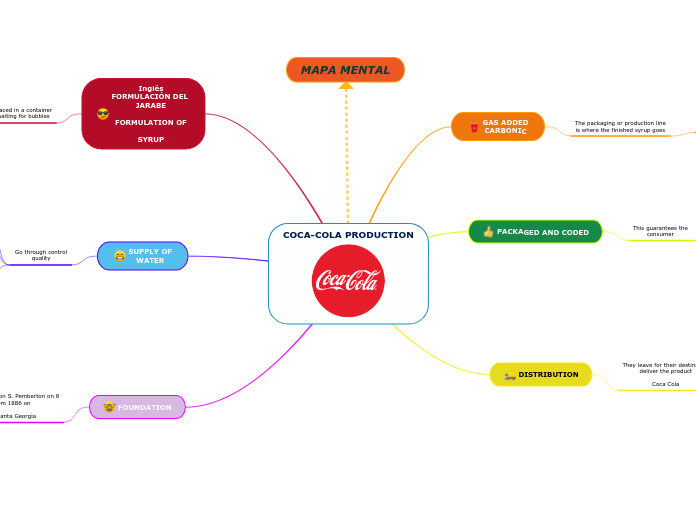Professional Competences
Continuous Learning
Continuous learning is improved by new experiences and constant learning.
Continuous learning leads to new and diverse viewpoints, and also can encourage creative thinking. It can also help an employee react to unexpected situations in a sharp-witted way.
Continuous Learning is the constant evolution of the way one thinks and acts based on the new knowledge, understanding and skills gained through new learning experiences.
Professional Behaviour
In order to improve your professional behaviour, you must perform in the best interest for the company you work for. This means that the way you speak, act, approach colleagues, or deal with customers must be in line with the company's procedures.
To Overcome and resolve workplace situations where ineffective behaviour is at play so that you can improve your professional image to move forward and get the rewards you deserve.
Professional workplace behaviour is necessary for the long-term success of a business, whether it's a big corporation or small business. Employee interactions and relationshsips with customers are of vital importance to ensure that company goals and objectives are met. A professional work place attitude and appearance allow employees to take pride in their work and improve worker performance. Managers who behave professionally set an appropriate example by encouraging their people to conduct themselves in a manner that supports company-wide success.
Behaving in a professional manner at works entails an employee to behave within a specific way in order to give the organisation they work for a good and reliable image. An example of a professional worker is an individual who works in an ethical way, takes responsibility for their actions, delivers an effective service and strives to achieve excellence for the company they work for.
Teamwork
Teamwork is improved when the group change their behaviour so that performance improves. While the group work is defined by a common task needing interdependant work and successive or integrative action.
The teamwork is much more about complexity, communication and integrative work.
Teamwork is important in organisations because it affects problem-solving, communication, learning and cohesion.
Problems can be solved in a quicker way because multiple minds are put together to create a solution. If one individual is to solve a problem then that person can only solve the matter based on their own understanding and experience. If you combine peoples understanding and experiences you are more likely to get a better and faster result.
Lack of communication increases the time it takes to complete projects, therefore teamwork promotes conversion between employees to possibly prevent them from going off in their own directions and keeping the task in sight.
Teamwork can give opportunities for each member of the team to learn something new from their fellow team mate. Not just based on personal experiences but individuals can also gain knowledge from employees within different departments.
Teammembers build good bonds with each other therefore are less likely to have any conflicts.
Team work is when a group of people get together to complete lots of small tasks which combined together results in a whole project being completed. Teams usually rely on a team leader or team 'organiser' to arrange meetings and allocate tasks to each member.
Research & Analysis
To develop these skills you must evaluate information sources and move beyond Google to indexes and databases, whereby you can extract different research from different sources.
Research analysts come in very useful to businesses because they compile the data they find into comprehensive reports for executives and corporate share holders which can allow the company to learn from its past mistakes and make reasoned predictions for the future. Executives often use that information to make decisions about investments and future projects.
Research and analysis is to carefully study a subject and to examine the information in order to discover new meaning and also to break down the information into different components and outweigh it.
Communication
-Empathise
-Encourage
-Learn to listen
-Be aware of others emotions
-Treat people equally
-Attempt to resolve conflict
"Good communications skills place an organization at the correct slot in the society. The image on an organisation depends on its ability to communicate with, the society around it. Good communication promotes better understanding between the employer and the employee. In this competitive environment, organizations via with each other to acquire an emplyee friendly image. Thus, communication skills help in establishing, running, producing and marketing of products by commercial establishments. A worker will not be able to turn out a good product and a customer will not buy a product however good it is, until each is convinced to do so through effective communication."
communicationtheory.org
Communication is the interchanging of thoughts, opinions and information in the form of speech, writing and signs. Effective communication happens when the reciever comprehends the exact information the sender intended to deliver. Failing to communicate effectively leads to confusion, conflict and can cause good plans to fail.
Social Responsibility
Work in an ethical manner.
Corporate social responsiblity is important to employers as it contributes towards a company's image in both positive and negative ways depending on the way a business conducts itself. If an employee doesnt show sensitivity towards this complex and delicate subject then it can directly impact on the business.
To be socially responsible means to behave in such a way that will not affect society negatively and to take responsibility for your own actions. Social, cultural, economic and environmental matters all orbit social responsibility.
Commitment to Quality
Employees should focus on the companys best interest and exert themselves to achieve a good end result.
Employers seek individuals who will work in the company's best interest. Therefore they want employees who will commit to the quality of services and products provided by the company in order to acquire a good public image.
Commitment to quality is when one devotes themselves to accomplish a degree of excellence, whether it being a task, service or product they are working on.
Project, Task & Organisational Skills
What should I do to improve?
In order to improve your project, task and organisational skills you need to have a good grasp of personal management and time management, as a combination in both will assist in achieving the goals of projects and tasks.
Employers think project and organisational skills are important skills for an employee to have because it demonstrates a sense of independance when an employee can manage and organise tasks and projects without the need to be constantly 'spoon fed'
The skills required to manage projects, tasks and staying organised include possessing professional behaviour, personal time management, being able to prioritse tasks in rank of importance, and staying focused and commited to mission.
Managing Information
What should I do to improve it?
-Select specific and required information
- Evaluate and analyse data
- Translate text in a relevant style
- Structure report in a suitable way
Why is it so important to employers?
Employers seek individuals who know how to manage information in an appropriate way. For example, an emloyee may be requested to write up a formal business report for the company and so therefore must include only relevant information on the company's performance. The report must also be stuctured in a suitable way.
Managing information requires one to organise information gained and emit it in a controlled way. It can include evaluating, analyzing, structuring and reporting of information to the audience.
Personal Management
What Should I Do To Improve?
Personal management skills can be improved upon, firstly by organising your time. Secondly, keeping notes, checklists and reminders for activities and tasks that are yet to come up. Personal management focuses on being in control of both your personal and professional life.
Why Is It So Important To Employers?
Personal management is important to employers because every company has deadlines to complete tasks and so therefore they need efficient individuals on board who are consistent, trustworthy, and can give the company a good image. If the individuals working for a company are reliable then the company will obtain the same image. A company is only as strong as its weakest link so therefore employers see it as vital that they hire individuals with this important skill.
What Does This Mean?
Personal Management is to plan and outline personal goals set by yourself in order to achieve them. It involves managing your time effectively. Time management is one of the most essential keys when it comes to personal management as it helps to organise and execute around priorities. Organisational skills are also essential, as it helps you to keep on track of your work by scheduling events and activities, keeping notes and checklists, and prioritising your work load e.g. URGENT and Not-So-Urgent.









